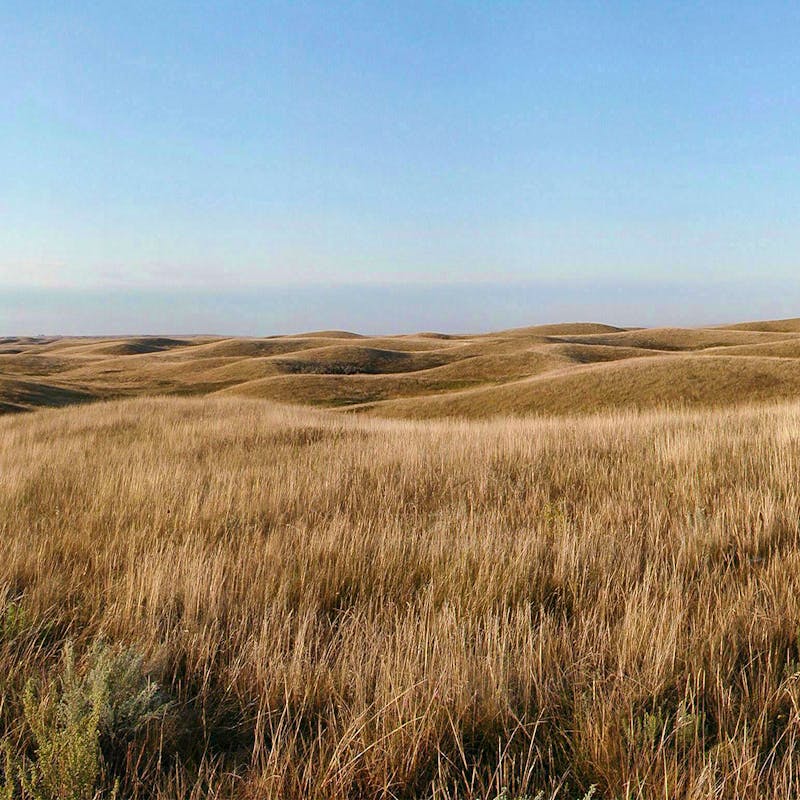The U.S. Forest Service (USFS) released a record of decision today on a management plan amendment for Thunder Basin National Grassland in Wyoming, finalizing a rollback of crucial protections for prairie dogs at the site. The end of these protections is a fatal blow to the prospective reintroduction of critically endangered black-footed ferrets to Thunder Basin, which has been managed as a future reintroduction site since 1988.
“This amendment goes against good science and land management leadership for healthy grasslands. This decision rolls back decades of work conserving prairie dogs on Thunder Basin National Grassland as a major ferret recovery site. With fewer than 350 black-footed ferrets left in the wild, this may be the end for this species,” said Chamois Andersen, senior Rockies and Plains representative at Defenders of Wildlife.
The new management plan amendment allows individuals to shoot and poison prairie dogs in previously protected areas of the grassland. Since prairie dogs make up around 90% of the black-footed ferret’s diet, it is unlikely there will be enough prairie dogs to successfully reintroduce and recover a viable black-footed ferret population. The U.S. Fish and Wildlife Service had previously identified Thunder Basin as perhaps the best possible site to reintroduce black-footed ferrets in the United States. Since Thunder Basin is one very few sites that could support the recovery plan benchmark population of 100 adult ferrets, it is possible that this decision will prevent the black-footed ferret from ever recovering.
“As the sun sets on the Trump administration, the U.S. Forest Service seems intent on taking the black-footed ferret down too—for the profit of a few cattle ranchers,” said Lauren McCain, senior federal lands policy analyst at Defenders of Wildlife. “It’s unconscionable that Thunder Basin National Grassland will not protect even a small corner to help save the ferret. We will not let this decision stand without a fight.”
Defenders is exploring potential options to reverse the amendment so that black-footed ferrets will eventually be reintroduced and put on the path toward recovery at Thunder Basin.
For over 75 years, Defenders of Wildlife has remained dedicated to protecting all native animals and plants in their natural communities. With a nationwide network of nearly 2.1 million members and activists, Defenders of Wildlife is a leading advocate for innovative solutions to safeguard our wildlife for generations to come. To learn more, please visit https://defenders.org/newsroom or follow us on X @Defenders.
Media Contact
News

Defenders, Conservationists Celebrate Female Mexican Gray Wolf Movement



